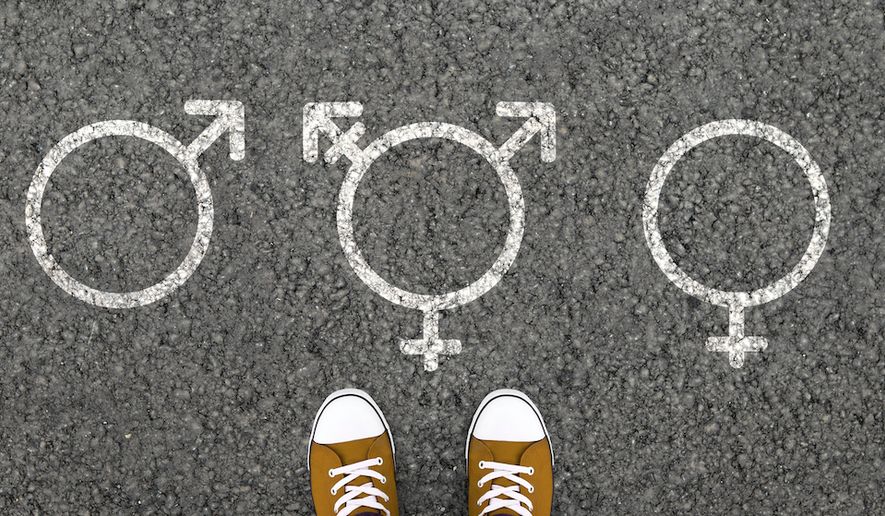The definitions of “man” and “woman” have been altered in the Cambridge Dictionary in order to be inclusive of transgender people.
While both words still contain their primary definitions — being either “an adult male/female human being” — their secondary definitions are now “an adult who lives and identifies as male/female though they may have been said to have a different sex at birth.”
Examples for both secondary definitions include references to transgender identity.
The Cambridge Dictionary made the change in late October, but it wasn’t reported on until The Telegraph in Britain noted the updated definitions Tuesday.
“Language shapes our understanding of the world,” Leroy Thomas, the communications director at the National Center for Transgender Equality, said in a statement to The Washington Post. “During a time when some political leaders are trying to erase transgender people from society, it’s important that we are recognized as our true selves. Clarifying the meaning of womanhood makes clear that transgender people are who they say they are.”
The revised definitions come as part of a larger trend among major dictionaries where they redefine language to become more gender neutral.
Merriam-Webster subtly altered its primary definition for “female” over the summer, which now says “of, relating to, or being the sex that typically has the capacity to bear young or produce eggs.”
The dictionary also quietly changed its definition of male to “of, relating to, or being the sex that typically has the capacity to produce relatively small, usually motile gametes which fertilize the eggs of a female.”
The key words in both definitions are “typically has the capacity to,” which is a nod to men and women identifying as the other gender, despite not being able to perform the same biological functions as that sex.
The words “typically has the capacity to” are not present in Merriam-Webster’s children’s definition for male or female.
On Tuesday, Dictionary.com revealed that its word of the year is “woman,” which it defines as an “adult female person.”
The dictionary said in a press release that searches for “woman” reached its highest point when then-Supreme Court nominee Ketanji Brown Jackson was asking to define the word during her confirmation hearing, but parried the question, saying she wasn’t a biologist.
• Matt Delaney can be reached at mdelaney@washingtontimes.com.




Please read our comment policy before commenting.